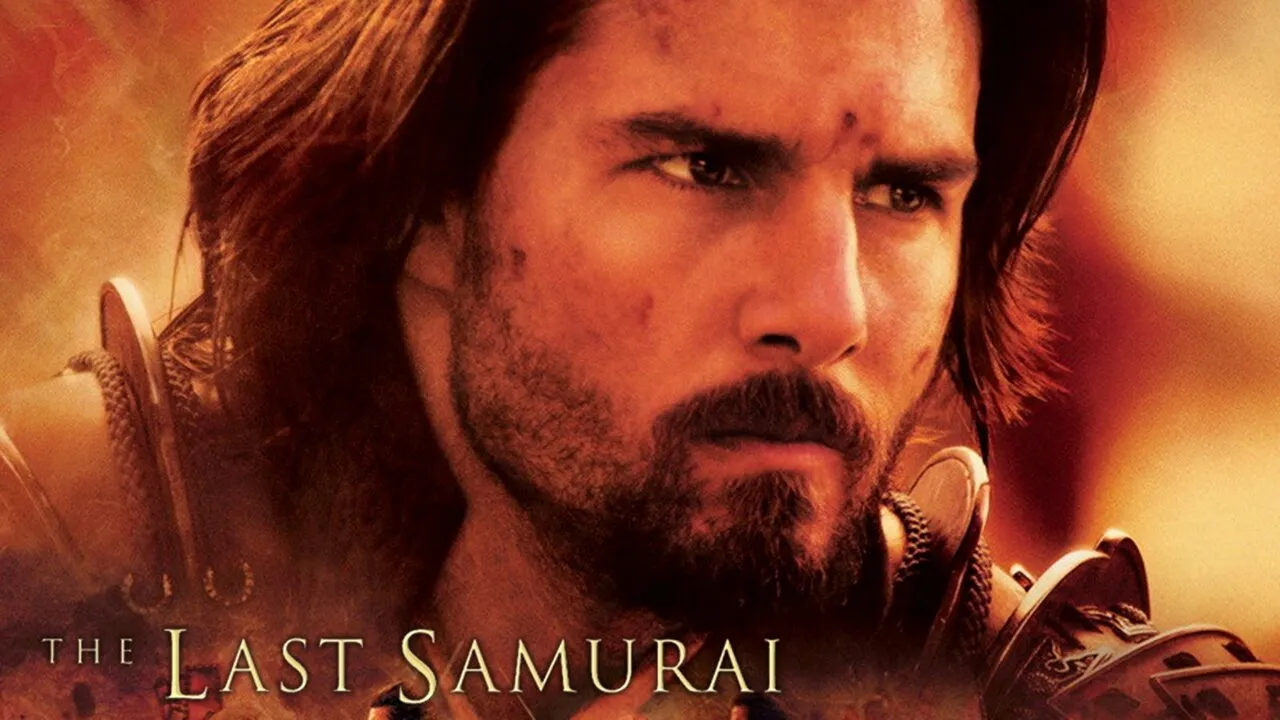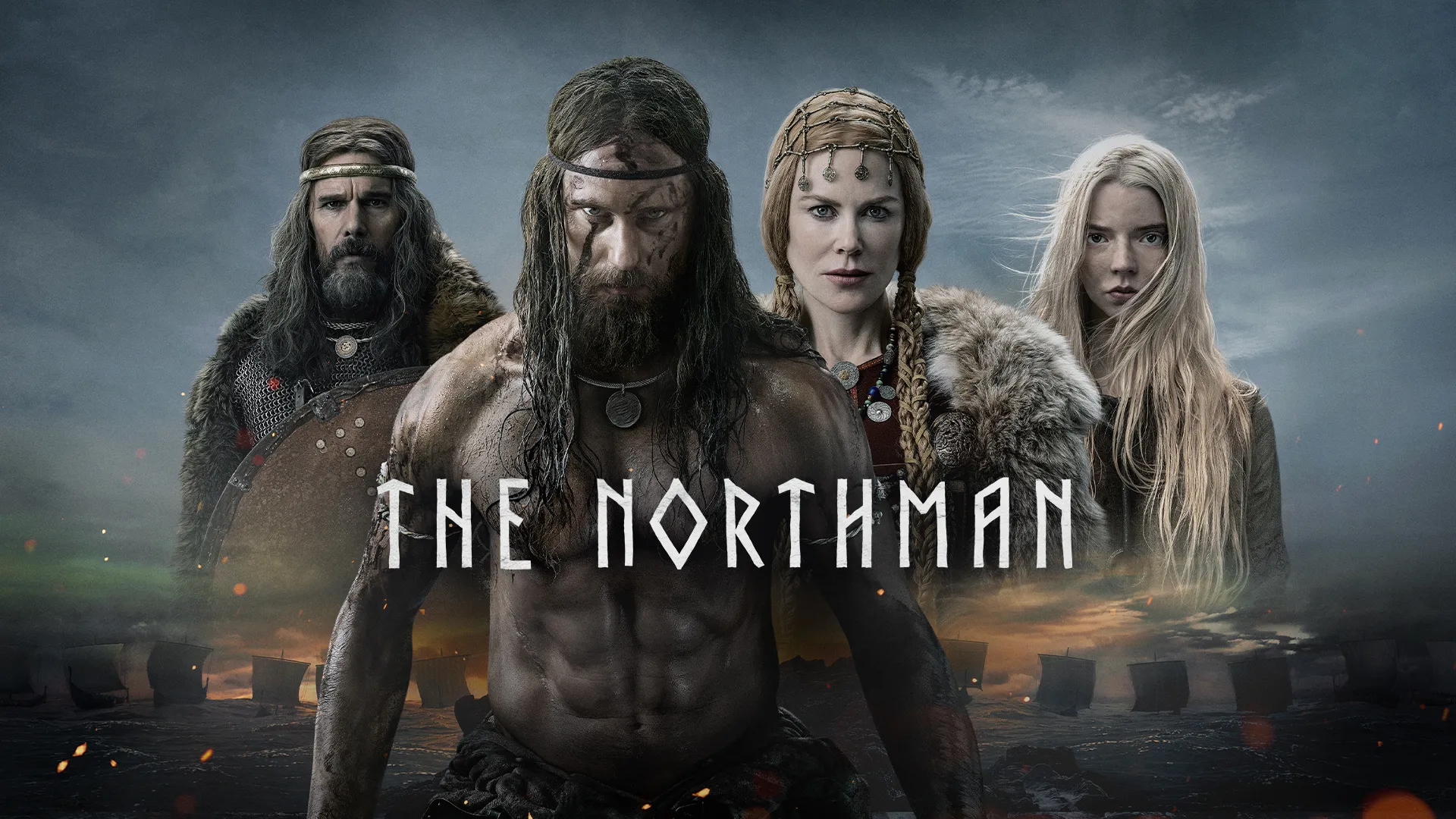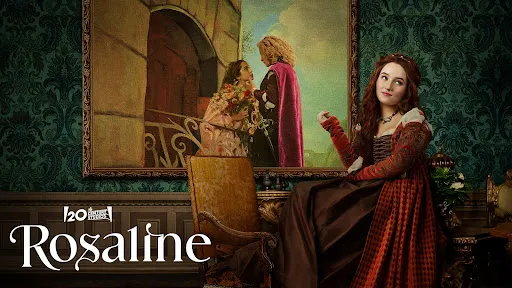Behind every perfect smile lies a truth too dangerous to be spoken aloud.
Don’t Worry Darling (2022) is a psychological thriller directed by Olivia Wilde that blends mystery, paranoia, and glossy aesthetics to explore themes of control, illusion, and female autonomy. Set in the seemingly idyllic 1950s-style community of Victory, the film follows Alice (Florence Pugh), a housewife who begins to suspect that her picture-perfect suburban world may be a carefully constructed façade.

At first, life in Victory seems like a dream. The men go off to work on a top-secret project while the women enjoy luxury, parties, and impeccable harmony. But beneath the polished surface, cracks begin to appear. Alice starts experiencing unsettling visions, inexplicable events, and a growing sense that the Victory Project is hiding sinister truths. Her doubts put her at odds with her husband Jack (Harry Styles) and the community’s charismatic leader, Frank (Chris Pine).
As Alice digs deeper, the film takes viewers on a tense journey through gaslighting, secrecy, and manipulation. Each revelation blurs the line between reality and illusion, showing how easily freedom can be dressed up as security. Florence Pugh’s powerhouse performance anchors the story, portraying a woman fighting for her sanity and autonomy against forces determined to keep her silent.

Visually, Don’t Worry Darling thrives on contrasts—the vibrant, pastel perfection of Victory juxtaposed against the darkness of its hidden truths. More than just a thriller, it critiques gender roles, conformity, and the dangers of blind obedience. By its explosive climax, the film leaves audiences questioning not only the world of Victory but the illusions within their own lives.
-1751254436-q80.webp)


